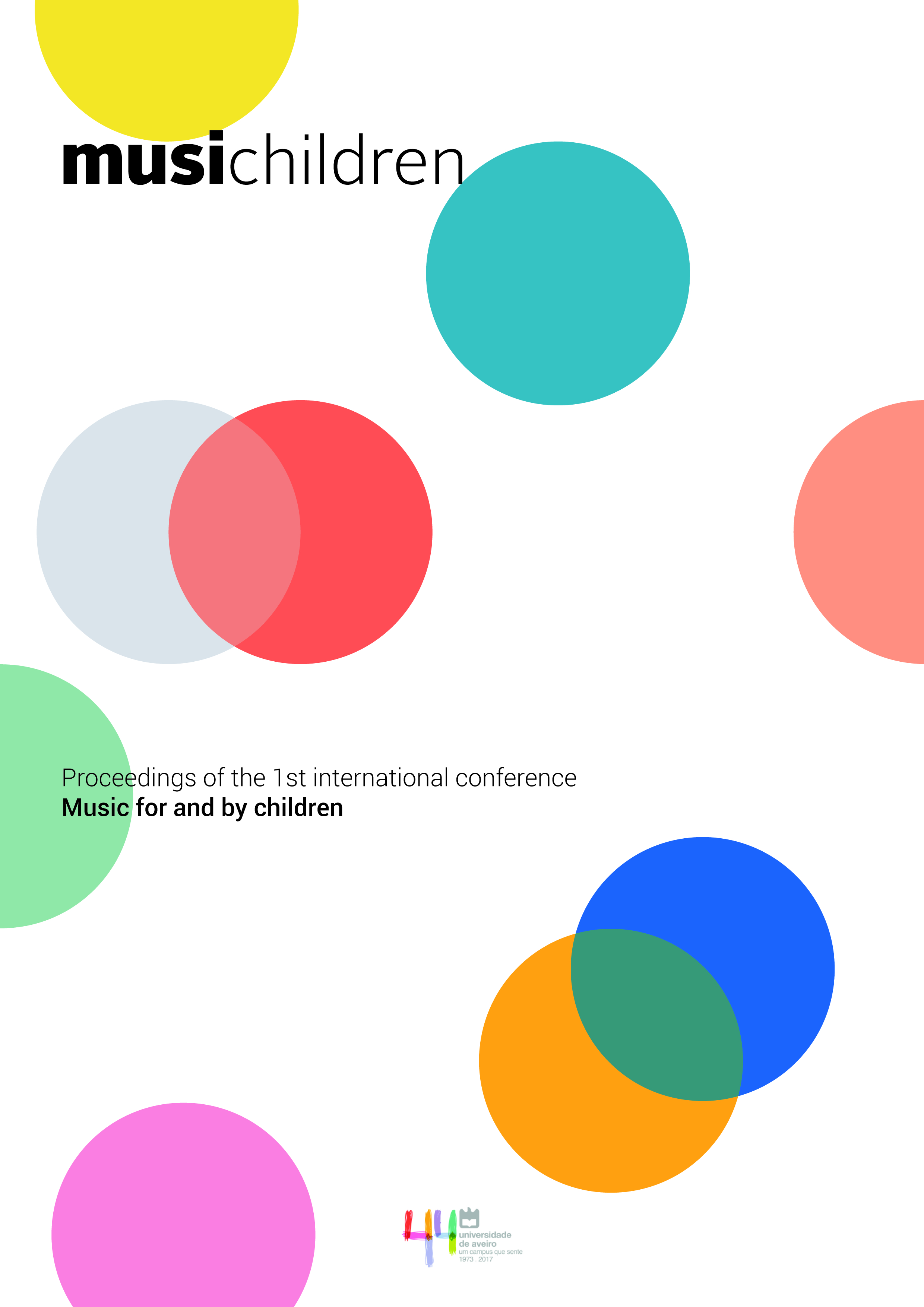Eco-composition and everyday creative musical practices: Theory and practice experience in Ubiquitous Music research at UFRGS Application School with high school students in and out of the classroom
Resumo
In this article, we describe a longitudinal study featuring group collaborations within the context of educational research done by teenagers in high school. An eco-compositional activity took place during 2015 in an elective course offered to secondary students at the UFRGS Application School (CAp). Fifteen students took part in the course, four of which were already Scientific Initiation students within the context of the Ubiquitous Music Research Project at CAp. The course addressed theoretical and practical aspects of Ubiquitous Music (ubimus). Its goal was to produce a collective composition - Sounds of CAp - applying ubimus eco-compositional strategies. During the course, several activities were planned and conducted by the research-students in and outside of the classroom, under teacher/researcher advice. The focus of the experiments was to foster creative experiences through technological support. We describe the experience, the procedures, tools, and the process of collective composition, presentation and assessment of creative products. We also present contributions from the emerging and multidisciplinary research field of Ubiquitous Music for creative studies and educational practices. Ubimus’ research focuses on music making in everyday settings, employing creativity-centered design strategies to support creative experiences within artistic and educational endeavors. More specifically, we discuss undergraduate research in the field, done by basic education students advised by the authors and lead researchers. Hence, we also explore the implications of these experiences to promote and enhance the students’ educational activities.





